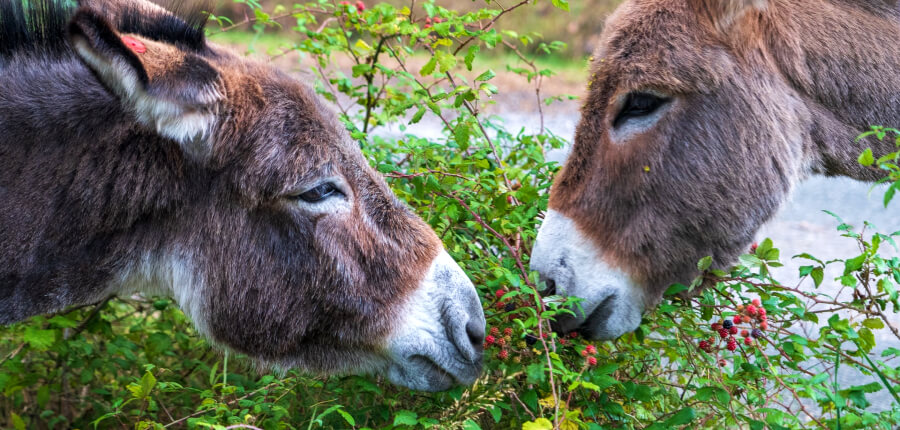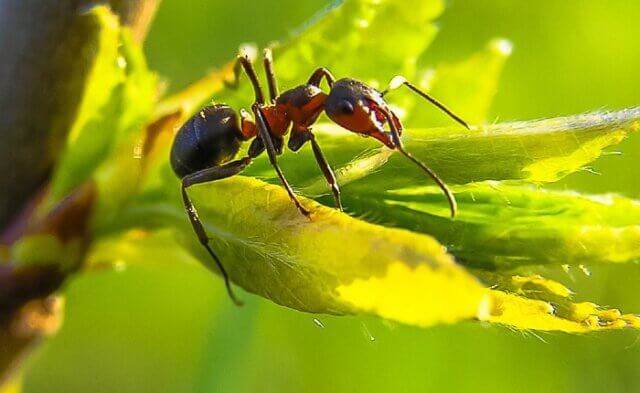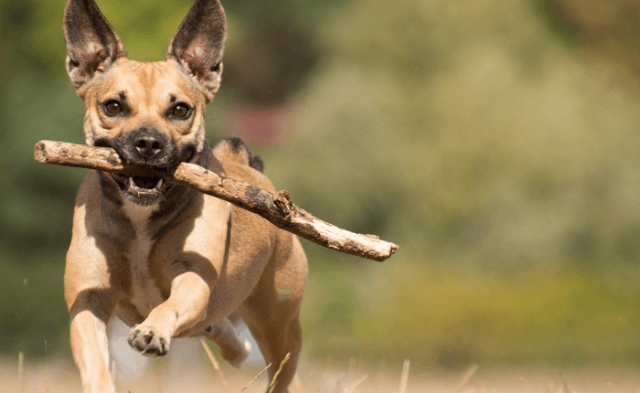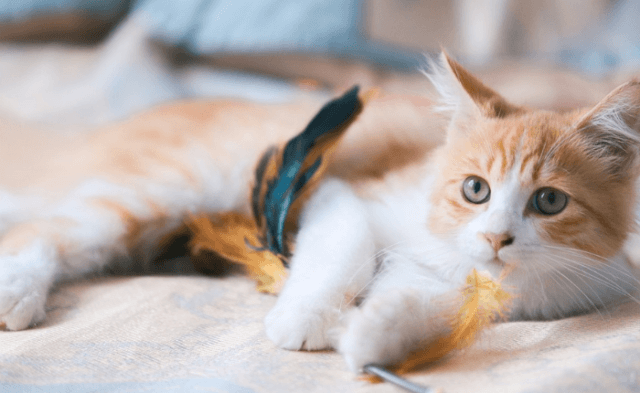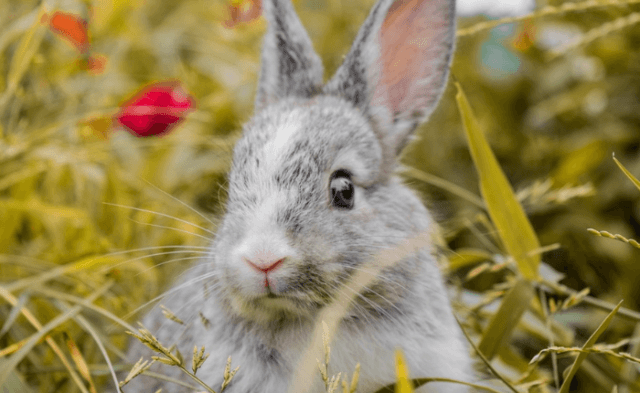Donkeys are gregarious, inquisitive, affectionate, and very social. In their natural habitat, they travel in tight-knit herds, but around the world, they’re forced to do hard labor, exploited for entertainment, and killed for their body parts. With your help, PETA is working to help these personable animals wherever they’re in trouble.
Petra, Jordan
Jordan’s “Lost City” of Petra is a frequently visited United Nations Educational, Scientific and Cultural Organization (UNESCO) World Heritage site. Here, donkeys are forced to haul tourists up and down hundreds of crumbling stone steps under the blazing sun. They are beaten and whipped if they slow down and are often denied shade, rest, water, food, and veterinary care.
A PETA-supported clinic offers free services to dozens of animals every day, treating painful injuries and nearly every condition imaginable. On call 24/7, the care team also provides food, water, and much-needed rest.
Santorini’s Dreadful Stairway
Donkeys are also exploited on the Greek island of Santorini, where they’re forced to carry visitors up more than 500 steep steps to the old town of Firá. A PETA Germany eyewitness investigation revealed that the animals are frequently tied up without water or shade during the sweltering summers, and many suffer from painful open sores, raw skin, and bloody injuries. Many are denied rest even at night, forced to haul heavy bags of garbage up the hill. PETA entities worldwide have launched a determined campaign to ban donkey “taxis” on the island.
Backbreaking Bricks
In India, instead of tourists, donkeys carry massive loads of bricks or sand and are treated like machines. They receive little, if any, water or respite from the scorching heat as they trudge along under their heavy loads. The PETA-sponsored charity Animal Rahat offers veterinary treatment and frees donkeys from this life of labor by helping brick kiln operators replace animals with eco-tractors and other motorized vehicles.
Ghastly Gelatin
Before PETA’s exposé, most people had never heard of ejiao, a traditional Chinese medicine made from the gelatin found in donkey skin. PETA has turned retailers away from it and is mobilizing our supporters to appeal to the Chinese ambassador to use his influence in order to stop the cruel treatment of donkeys in China.
Animal Rides at Egypt’s Pyramids Are History
Thanks to supporters like you and a yearlong PETA Asia campaign, Egypt’s tourism ministry has announced plans to ban donkey, camel, and horse rides at the pyramids and archeological sites of Giza! Instead, tourists will have access to electric cars and buses, as we recommended. Countless donkeys, horses, and camels won’t have to haul visitors on their backs or in carriages in the blistering heat, without food, water, or shade.

